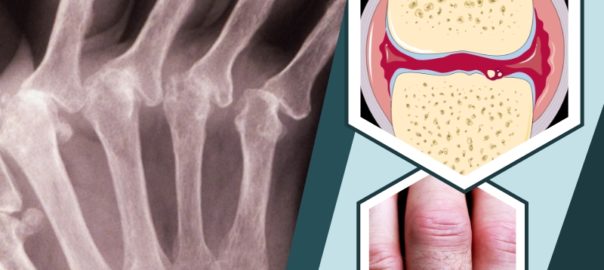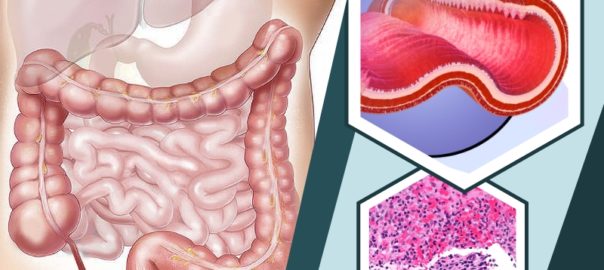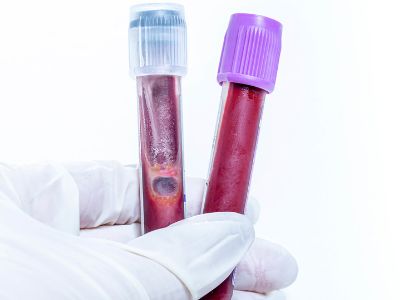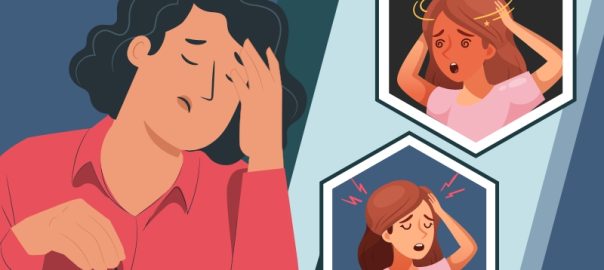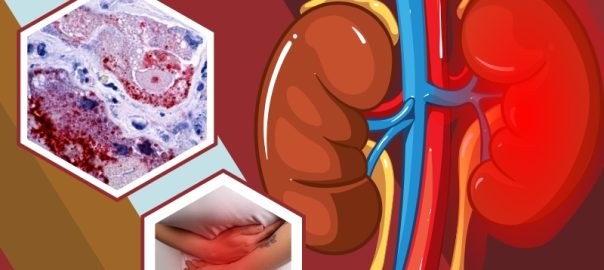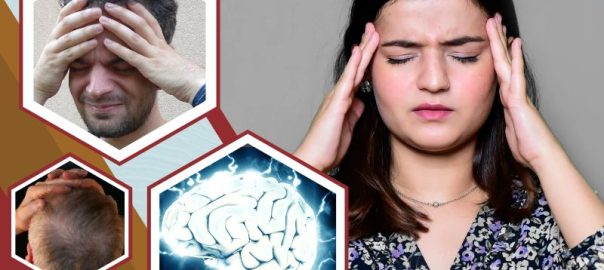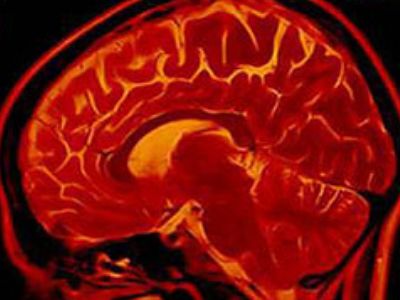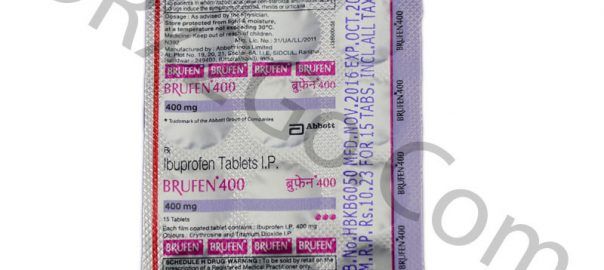Rheumatoid arthritis is a chronic inflammatory condition that affects more than just the joints. Some people can suffer damage to many different body systems, including the skin, eyes, lungs, heart, and blood vessels.
The immune system mistakenly attacks your body’s tissues when rheumatoid arthritis occurs. Rheumatoid arthritis, in contrast to osteoarthritis, causes swelling of your joints that can eventually result in bone erosion and joint deformity, instead of the wear-and-tear damage associated with osteoarthritis.
The inflammation associated with rheumatoid arthritis can also damage other parts of the body. While new treatments for severe rheumatoid arthritis have improved dramatically, they still can lead to severe disabilities.

What Are The Symptoms Of Rheumatoid Arthritis?
Symptoms of Rheumatoid Arthritis may include:
- Loss of appetite
- Fever
- Fatigue
- Joint stiffness is usually worse in the mornings and after inactivity
- Tender, warm, and swollen joints
Early rheumatoid arthritis tends to affect your smaller joints first, particularly the joints that attach your fingers to your hands and your toes to your feet. As it progresses, the symptoms often spread to the shoulders, hips, elbows, ankles, knees, and wrists. In most cases, symptoms occur in the same joints on both sides of your body.
Risk Factors for Rheumatoid Arthritis
Factors that may increase your risk of rheumatoid arthritis include:
- Family history – if a member of your family has rheumatoid arthritis, you may have an increased risk of the disease.
- Your sex – women are more likely than men to develop rheumatoid arthritis.
- Age – rheumatoid arthritis can occur at any age, but it most commonly begins in middle age.
- Excess weight – people who are overweight appear to be at a somewhat higher risk of developing rheumatoid arthritis.
- Smoking – cigarette smoking increases your risk of developing rheumatoid arthritis, particularly if you have a genetic predisposition for developing the disease. Smoking also appears to be associated with greater disease severity.
Diagnosis for Rheumatoid Arthritis
Rheumatoid arthritis can be difficult to diagnose in its early stages because the early symptoms imitate those of many other diseases. There is no one blood test or physical finding to confirm the diagnosis. During the physical exam, your doctor will check your joints for swelling, redness, and warmth. Your doctor may also check your reflexes and muscle strength.

Treatment for Rheumatoid Arthritis
There is no specific cure for rheumatoid arthritis. However, clinical studies indicate that remission of symptoms is more likely when treatment begins early with medications known as disease-modifying antirheumatic drugs (DMARDs).
Medications can be used for rheumatoid arthritis:
The types of medications recommended by your doctor will depend on the severity of your symptoms and how long you’ve had rheumatoid arthritis. Always ask for instructions when taking certain medications.




